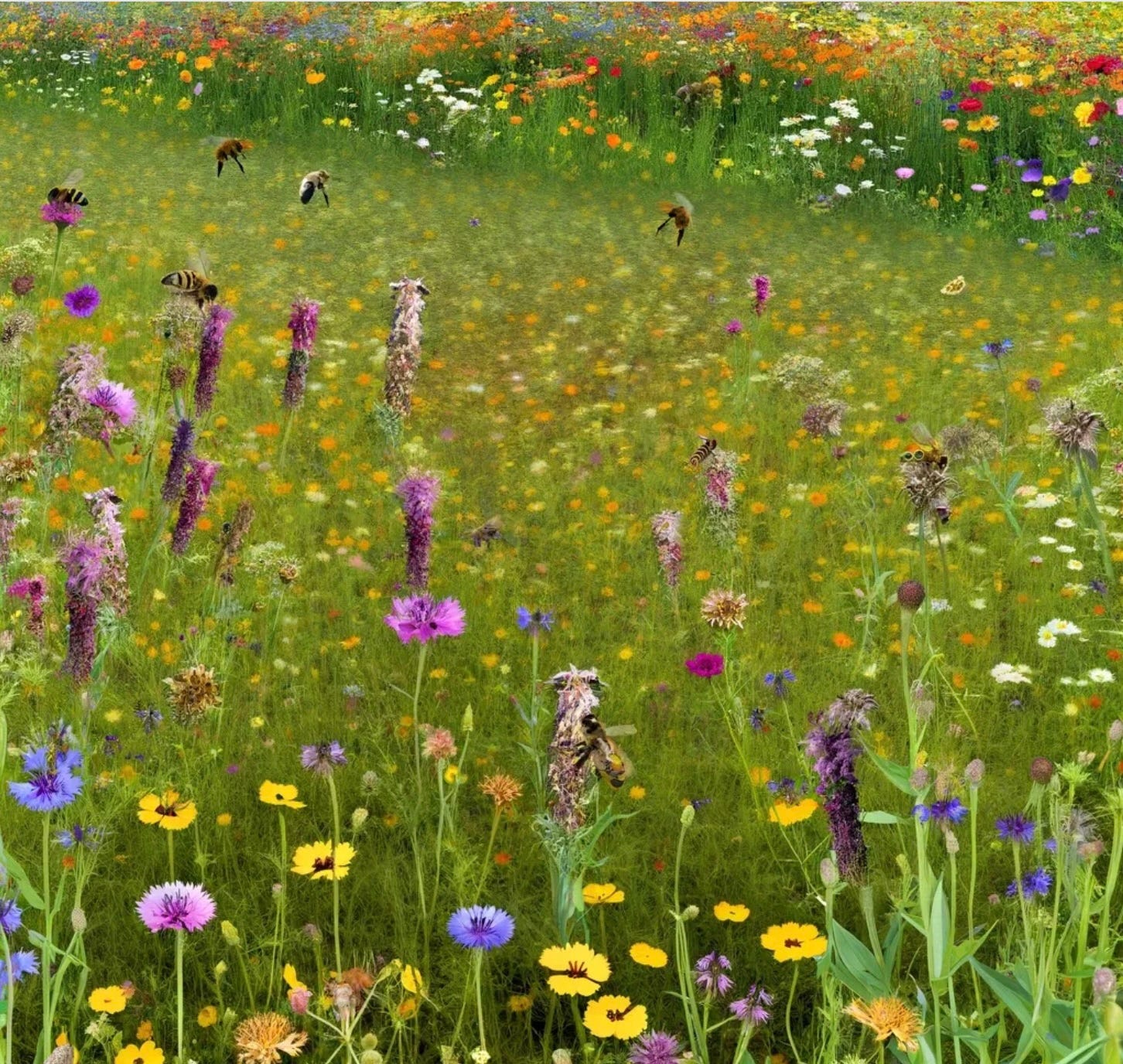A recent feature in The Guardian delivered a stark warning: insects are vanishing. Insects, the often-overlooked foundation of our ecosystems, are in deep trouble – and their disappearance threatens food systems, pollination, birds, and life as we know it.
But it’s not all doom and gloom. The article offers 25 simple actions that individuals can take to help, from planting wildflowers to avoiding pesticides. At LettsSafari, we believe it’s going to take collective, coordinated action – and we’re proud to say that our rewilding efforts tick many of the boxes in this action plan.
🐝 Why Insects Matter
Insects are vital for:
Pollination
Decomposition and soil health
Bird and mammal food chains
Biodiversity balance
Yet studies show insect numbers are falling fast – due to habitat loss, chemical use, climate change, and monoculture farming. The solution? Restore diverse, natural habitats.
At LettsSafari, we transform parks, gardens, and green spaces into miniature wild havens – perfect for bees, butterflies, beetles, and bugs.
Here’s how our projects align with The Guardian’s insect-saving actions:
We plant native wildflowers and grasses that support pollinators.
We avoid pesticides entirely.
We restore hedgerows and deadwood areas, giving beetles and solitary bees homes.
We create insect water sources and leave parts of our landscapes "messy", because wild is good.
We reintroduce native flora and fauna, increasing the complexity of the food web.
We teach people how to rewild their own outdoor spaces, giving nature a boost right at home.
🦋 What You Can Do – With Us
From taking out a paid subscription to LettsSafari (which directly supports our insect-friendly rewilding sites) to applying our tips in your own garden, balcony or community patch, you can join the movement.
Together, we can turn the tide on insect decline – one wild patch at a time.



